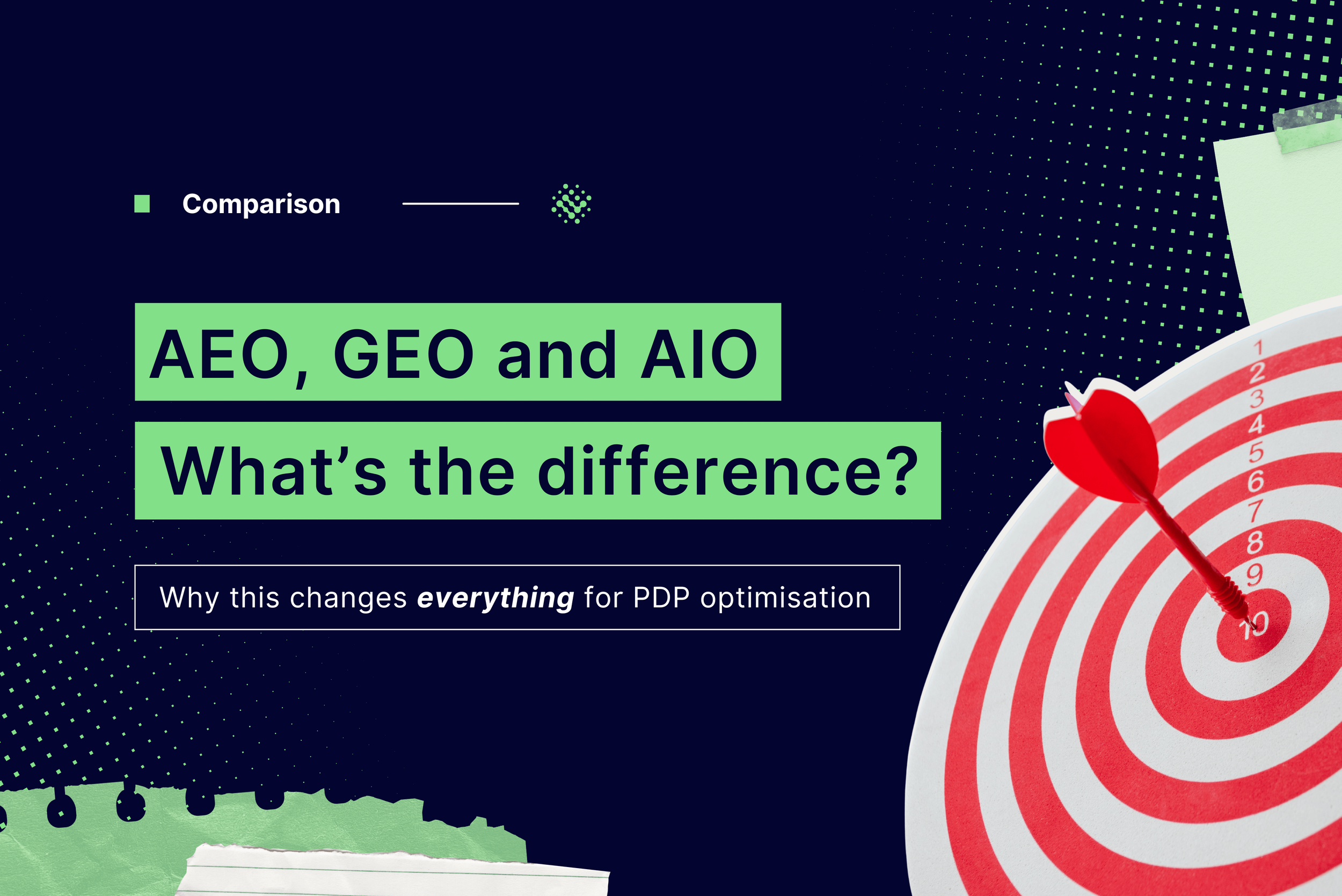Be the First to Adopt AI In Your Sector
AI is one of the most powerful technologies developed to date. Not only does it transform how businesses operate, but also enhances the services and products offered to customers to increase their relevancy and resulting customer retention.
The industries that are most successful in applying AI are in finance, retail, manufacturing, marketing and scientific and technical services. Some of the industries struggling to adopt AI include medical equipment and supplies, construction and waste management.[1]
Why is there slow progress? Many AI initiatives face formidable culture and organisational barriers.
AI can create value in four key business areas[2]:
Better project and forecast to anticipate demand
Produce goods and services at lower cost and higher quality
Promote offerings to the right target customers
Provide personal and convenient user experiences
So, why is there still resistance to this?
Challenges of adopting AI
By sector, IT and finance are leading the way in overall adoption. The most common uses of AI seen are robotic process automation, computer vision, and machine learning.[3]
Proactive AI-adopters can see higher profit margins in comparison to non-adopters, as well as more accurate predictions of future growth. But, not everyone is open to the idea of AI.
To adopt AI, changes in core practices are required. The top reasons for not using AI are lack of a clear implementation strategy or the right data and technology. The second biggest reason for slow adoption is the lack of appropriate talent, functional constrains to AI solutions, and leadership failing to demonstrate commitment to innovation.
To adopt AI successfully, you need these things
Access to the right data
Machine-learning systems have access to a variety of open source libraries, such as machine vision, natural language processing, natural language generation, autonomous robots, or generative design. To benefit from these, companies need to get better at collecting and structuring their data. Datasets should be labelled, valued, defined, mapped, classified, and governed. Any AI or Machine learning system is only as good as the data fed into it.
Access to the right talent and skills
The key to getting your team ready for AI adoption is upskilling existing employees, improving tech literacy across the board as well as getting external expertise in specific areas in which your team may be lacking knowledge and skills. To lay the foundations for successful AI implementation, the teams will need a good level of technical understanding and a clear objective for what they want to be achieved with AI.
The right technology
AI is a broad area and its applications are very diverse; getting the technology right can be challenging. AI systems often require continuous maintenance and improvements, and new research can be applied to further enhance their capabilities on an on-going basis. Once you have built your AI solution it is often easier and more cost-efficient to outsource maintenance to an expert AI services company.
Ethical and governance frameworks
Organisations should have a clear ethical and governance framework in place to ensure that AI systems are not biased and intrusive and are in compliance with legal frameworks. Biases in AI are often a result of the training data set, which may be skewed or favour certain attributes over others. It is therefore important that any data selected to train and evolve your AI is continually checked and validated.
A strategic approach
Finally, it is vital that AI initiatives align with business goals and technology strategy. Too many companies experiment with AI instead of first questioning how AI can help them tackle business challenges and uncover opportunities. Understanding the purpose of AI for your business and then developing an approach, is the most important thing to be successful in its implementation.
Conclusion
The global artificial intelligence market size was valued at $62.35BN in 2020 and is expected to expand at a compound annual growth rate of 40.2% from 2021 to 2028[4]. These new emerging technologies will result in fundamental changes in workflows, roles, and culture, which leaders will need to shepherd their organizations through carefully.
Those that excel at implementing AI will find themselves at a great advantage compared to companies that are slower to adopt change.
[1] https://www.iiot-world.com/artificial-intelligence-ml/artificial-intelligence/who-is-really-adopting-ai-in-their-industry/
[2] https://blog.softwaremill.com/how-to-adopt-artificial-intelligence-in-your-business-65d42e2293b9
[3] https://www.mckinsey.com/featured-insights/artificial-intelligence/ai-adoption-advances-but-foundational-barriers-remain
[4] https://www.grandviewresearch.com/industry-analysis/artificial-intelligence-ai-market





